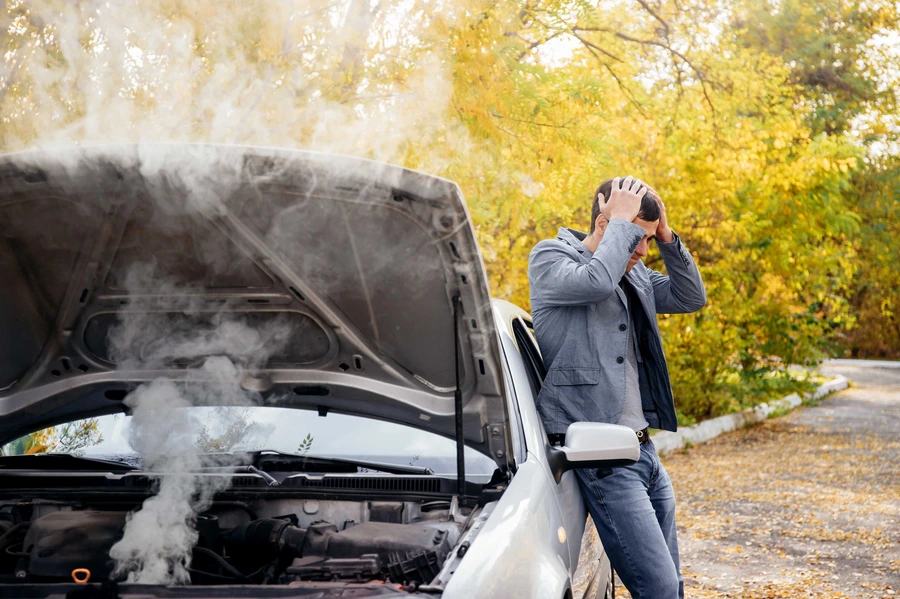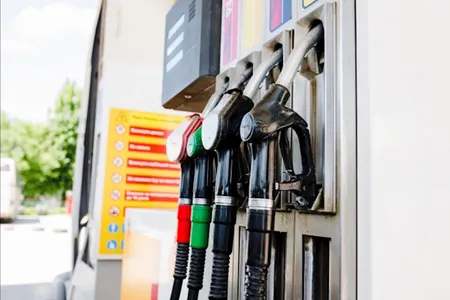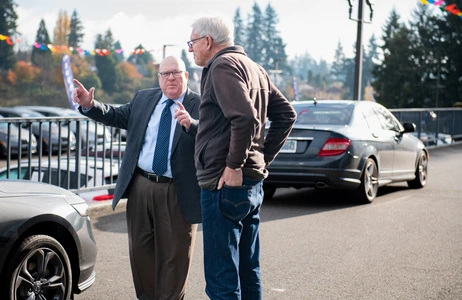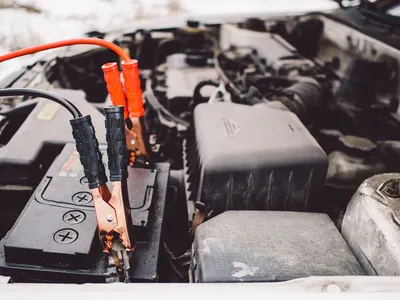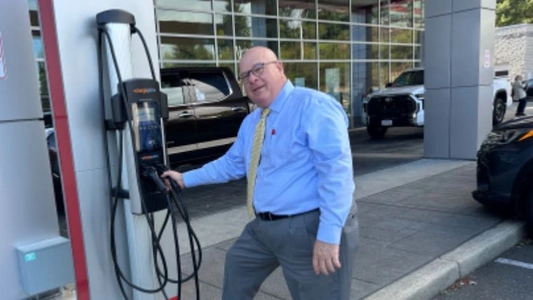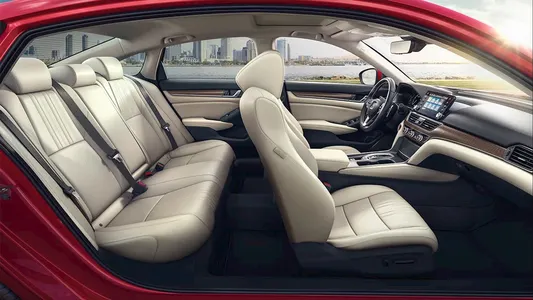Driving in the heat of the summer, getting caught in traffic, or simply having an older vehicle can sometimes lead to your car overheating. If this happens, it's important to react quickly to prevent further damage to your vehicle and ensure your safety. Here's a step-by-step guide on what to do if your car overheats.
1. Look for Warning Signs
Your first line of defense is to be aware of any signs of overheating. This may include:
- Rising temperature gauge
- Steam or smoke coming from under the hood
- Strange smells, especially a sweet or metallic scent
- Loss of power
If any of these signs occur, it's time to take action.
2. Stay Calm and Pull Over
If you notice that your car is overheating while driving, remain calm. Safely pull over to the side of the road as soon as possible and turn off the engine. Keeping the engine running can cause severe damage to your car's components.
3. Let the Engine Cool Down
Allow the engine to cool down before you attempt to do anything. Opening the hood too soon can cause severe burns from steam or hot coolant. Wait for at least 15 to 20 minutes before checking under the hood.
4. Check the Coolant Level
Once the engine has cooled, check the coolant level in the reservoir. If it's low, there could be a leak. However, don't attempt to open the radiator cap while the engine is hot, as it can lead to serious injury.
5. Call for Assistance
If you're not comfortable checking the coolant or if you've found a leak, it's time to call for professional help. Contact roadside assistance or a trusted mechanic. If you're far from home, consider having the vehicle towed to a nearby garage to avoid causing further damage by trying to drive it.
6. Prevent Overheating in the Future
Preventing your car from overheating is the best solution. Regular maintenance, including coolant checks and changes, can help keep your car in good shape. Additionally, always keeping an eye on the temperature gauge, especially during hot weather or heavy traffic, can help you spot issues before they become serious.
Remember, if your car starts to overheat, safety should be your primary concern. Even if you're running late or in an inconvenient location, it's important to pull over and assess the situation. Handling an overheating car properly can help prevent costly damage and keep you safe on the road.
Stay safe out there!
Mike Columbus
(302) 932-7296
West Hills Honda

